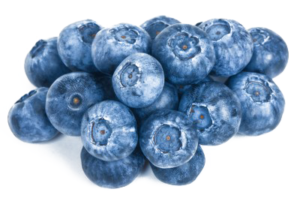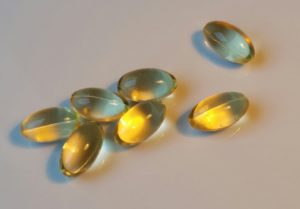
Did you know that a significant percentage of men lose the male sex chromosome in some of their cells as they age? About 40% of 70 year olds! This loss may explain why so many men die several years before women.
The loss of the male Y chromosome in some cells (mosaic loss) has health effects. It is associated with an increased risk of early death and some age-related diseases in men, such as heart disease and heart failure. This loss mainly happens in cells with a rapid turnover, such as blood cells, and does not happen in male reproductive cells.
A recent two part study in both mice and human males found that this Y chromosome loss resulted in heart muscle scarring (fibrosis), which led to increased risk of heart problems and heart failure. The researchers discuss a drug (pirfenidone) that may help with treatment.
Why is this happening? The researchers point out that as we age, more and more gene mutations are occurring, that is, the DNA of our cells accumulate mutations as we age. Some of them are due to our own choices, such as smoking, exposures to toxic chemicals, radiation, our lifestyle. Others are out of our control (e.g., aging).
From Science Daily: Loss of male sex chromosome leads to earlier death for men
The loss of the male sex chromosome as many men age causes the heart muscle to scar and can lead to deadly heart failure, new research from the University of Virginia School of Medicine shows. The finding may help explain why men die, on average, several years younger than women. ...continue reading "Many Men Lose the Male Sex Chromosome As They Age"

 Fabulous news for those persons wanting to reduce their risk of Alzheimer's disease as they age - get a flu vaccine, especially annually. A recent
Fabulous news for those persons wanting to reduce their risk of Alzheimer's disease as they age - get a flu vaccine, especially annually. A recent  Walking for exercise has another great health benefit - this time for the knees. A
Walking for exercise has another great health benefit - this time for the knees. A 
 Eating berries frequently or daily has all sorts of health benefits. Two recent studies have focused on daily consumption of cranberries and found them to be beneficial for memory and neural functioning, and also for heart health.
Eating berries frequently or daily has all sorts of health benefits. Two recent studies have focused on daily consumption of cranberries and found them to be beneficial for memory and neural functioning, and also for heart health.
 For years people have searched for ways to prevent cancer, which occurs significantly more with age. A
For years people have searched for ways to prevent cancer, which occurs significantly more with age. A  Bottom line: While
Bottom line: While  Many people think that only exercises done in a gym, in exercise classes, or with exercise equipment can improve health. But no! Any physical activity is good, which means ordinary walks and household tasks or housework are beneficial. And the more frequently you do them, the more beneficial.
Many people think that only exercises done in a gym, in exercise classes, or with exercise equipment can improve health. But no! Any physical activity is good, which means ordinary walks and household tasks or housework are beneficial. And the more frequently you do them, the more beneficial.